Drinking tea can promote health and wellness, but without paying attention to the correct methods, it may not only fail to deliver the benefits but also harm the body.
Temperature:
Drinking tea that is too hot can irritate the oral and esophageal mucosa, causing inflammation. From a nutritional standpoint, tea that is slightly cooled to a warm temperature is best. Drinking tea that is too cold may result in the loss of valuable nutrients like polyphenols and vitamin C due to prolonged exposure.
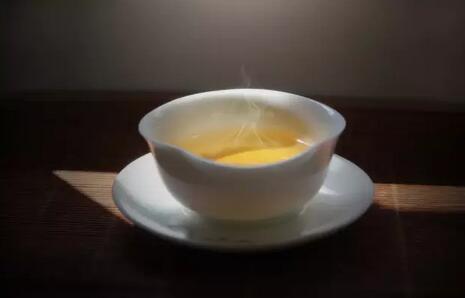
Hangover:
Drinking strong tea after alcohol can help sober up, as the diuretic effect of theophylline helps expel acetaldehyde through the kidneys. However, acetaldehyde is harmful to the kidneys, and frequent use of strong tea for hangovers can lead to kidney dysfunction.

Strong Tea:
Drinking strong tea introduces more caffeine and theophylline, which stimulate the central nervous system, causing excessive mental activity and difficulty concentrating, affecting work and rest. Drinking strong tea before bed can disrupt sleep or even cause insomnia. Tea's cold nature can also trigger gastrointestinal issues in the elderly or weak, so it's important to adjust the strength of the tea.

Before and After Meals:
Drinking tea before or after meals can interfere with digestion, as the tannins inhibit gastric and intestinal secretions, leading to indigestion. Tannins can also bind with proteins in food, forming indigestible complexes. Experts recommend avoiding tea one hour before and after meals.
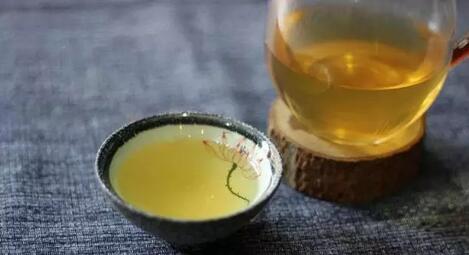
Menstrual Period:
Drinking tea during menstruation is not recommended, as the high tannin content in tea leaves can hinder iron absorption, exacerbating iron deficiency in women.
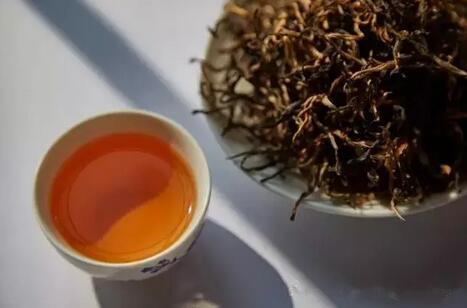
Pregnancy:
Drinking strong tea during pregnancy is not advised, as caffeine and other compounds in tea can affect fetal development. Tea's diuretic effect can also increase heart rate, adding strain to the heart and kidneys. If tea is consumed, it should be weak and taken one hour after meals. Iron deficiency can lead to anemia, negatively impacting fetal growth.

Medication:
Taking medicine with tea can cause crystallization and precipitation if the medication contains aluminum, iron, or enzymes, which react with polyphenols in tea. The stimulating effects of caffeine can also counteract sedatives or sleep aids. Experts recommend avoiding tea two hours before and after taking medication.

On an Empty Stomach:
Drinking tea on an empty stomach dilutes gastric acid and juices, hindering digestion and potentially causing heartburn, headaches, stomach discomfort, dizziness, or irritability. It can also impair protein absorption and damage the gastric mucosa, leading to chronic gastritis.
Additionally, in tea-drinking scenarios, steeping tea all day is a common practice among many Chinese, but there are other methods. For example, tea leaves should not be steeped in water for too long; separating the leaves from the water ensures the best taste.

Below are some common habits among tea enthusiasts. Do you recognize any of these?
1. Using a Thermos for Tea
Some tea lovers use a thermos to steep tea, but this is incorrect. Prolonged high temperatures in a thermos cause excessive leaching of tannins and theophylline, making the tea bitter and reducing its nutritional value.

2. Not Changing Tea Leaves
Some people reuse the same tea leaves all day to save tea or effort, but this is not advisable. All teas have a limited number of infusions for optimal taste. Reusing leaves beyond this limit results in a bland brew with little nutrition and potentially harmful substances.
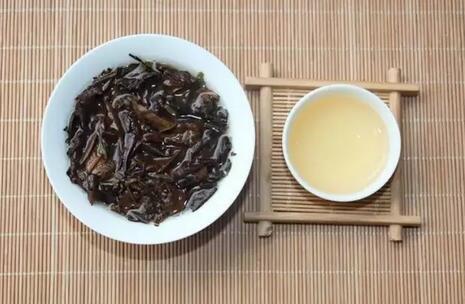
3. Over-Steeping Tea
Those who prefer strong tea may steep it for extended periods, but this extracts excessive caffeine (80%) and other soluble substances (60%), making the tea bitter and harsh on the stomach.
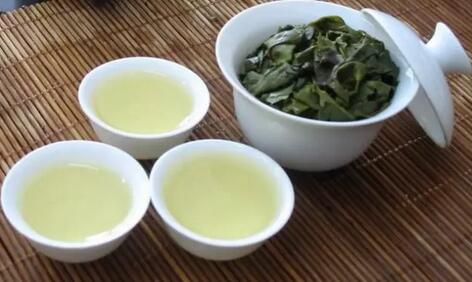
4. Drinking Raw Tea or Green Tea Daily
Raw Pu-erh tea and green tea are unfermented or lightly fermented, offering a fresh, aromatic flavor with a sweet aftertaste. While they can refresh the mind, clear heat, and quench thirst, their cold nature can harm the stomach and body if consumed daily. It's better to alternate with other teas.
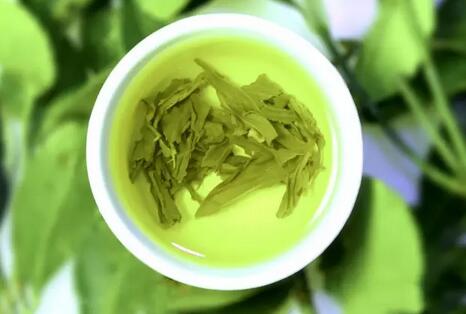
5. Drinking the Same Tea Year-Round
From a nutritional perspective, tea is low in calories and rich in vitamins A, B, and C, making it a healthy choice. Beyond plain tea, adding ingredients like roses, tangerine peel, goji berries, or red dates can create floral or blended teas with beauty and health benefits for women.
However, moderation and seasonal adaptation are key. Different seasons call for different teas—for example, warm black or ripe Pu-erh tea in cold autumn and winter, and green tea in hot summer.
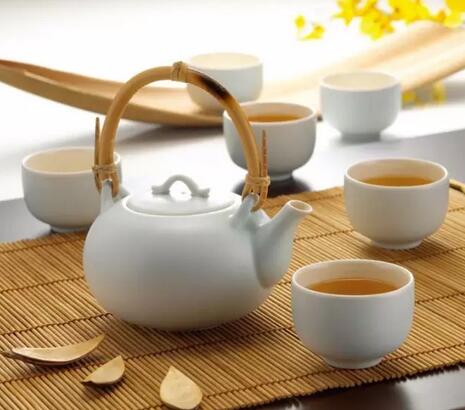
Tea lovers, have you encountered any of these habits? If so, it's time to correct them! After all, tea is meant for health and wellness, and improper practices can undermine its benefits. Choose the right way to enjoy tea!